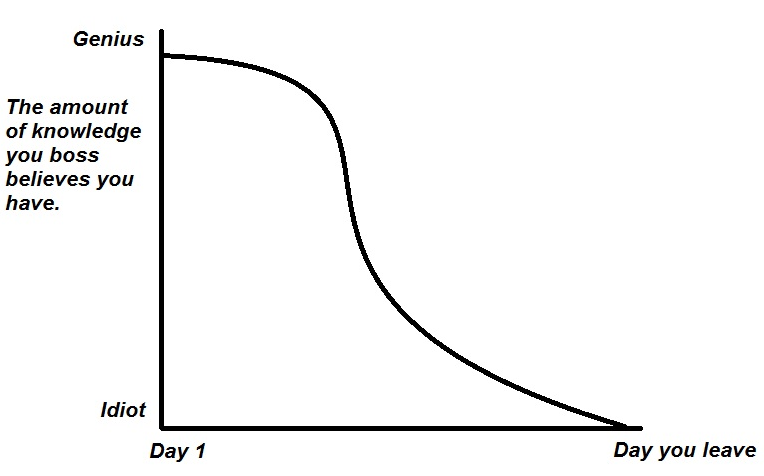Down at ERE’s Fall conference this week and was a little surprised at how many session speakers talked about ‘expectations’ in talent acquisitions. It seems like talent acquisition 101, but by the amount of conversations being had on this one topic it was pretty clear that as a function talent acquisition is still doing a pretty crappy job with expectations.
What do I mean by ‘expectations’? Here are a few ways we fail to deliver on expectations in talent acquisition:
Not setting expectations with a candidate. We constantly fail as recruiters to set proper expectations with our candidates. When they will be communicated to and how. What they should expect from the process. What they should expect from an offer. What the job will truly be once they start. What the real culture is, not the culture we wished it was.
Not setting expectations with our hiring managers. Mrs. hiring manager I’m going to work my butt off for you in getting the talent you need but I need… I might need you to respond back to each resume within 24 hours so we ensure we most fast enough to capture great talent. I might need you to provide feedback on the quality of the talent your seeing. How the process is working or not working for you. To let me know if something changes with the position I’m working on for you.
Not setting expectations with our peers. I expect as peers, as an internal team, as a department, that we’ll support each other and our function above all. That means if one of us is failing, we are all failing. We use positive words when describing our peers and our function. That I will always make decisions based on making each of us successful in our professional positions.
It seems really, really simple. But it’s something we fail at so much.
Why?
We fail at setting expectations because establishing expectations isn’t a one way street. If you are going to set expectations on someone else, you have to be prepared for having expectations set on you. This becomes a big roadblock. We love putting accountability on others, but we hate it when accountability is put on us!
So, instead of doing a very simple thing like ensuring we are both on the same page with clear expectations, we do a lot of assuming and just plain poor communicating.
It really might be the one thing you could start doing tomorrow that would have the biggest impact to your functions performance. We are going to certain expectations for candidates, for hiring managers and for peers, and I’m going to work on what they can expect from me. We are going to live by these, and we’re going to move the needle in a positive direction on our functions performance.
We waste so much time and resources because we just aren’t being clear on what is expected.

